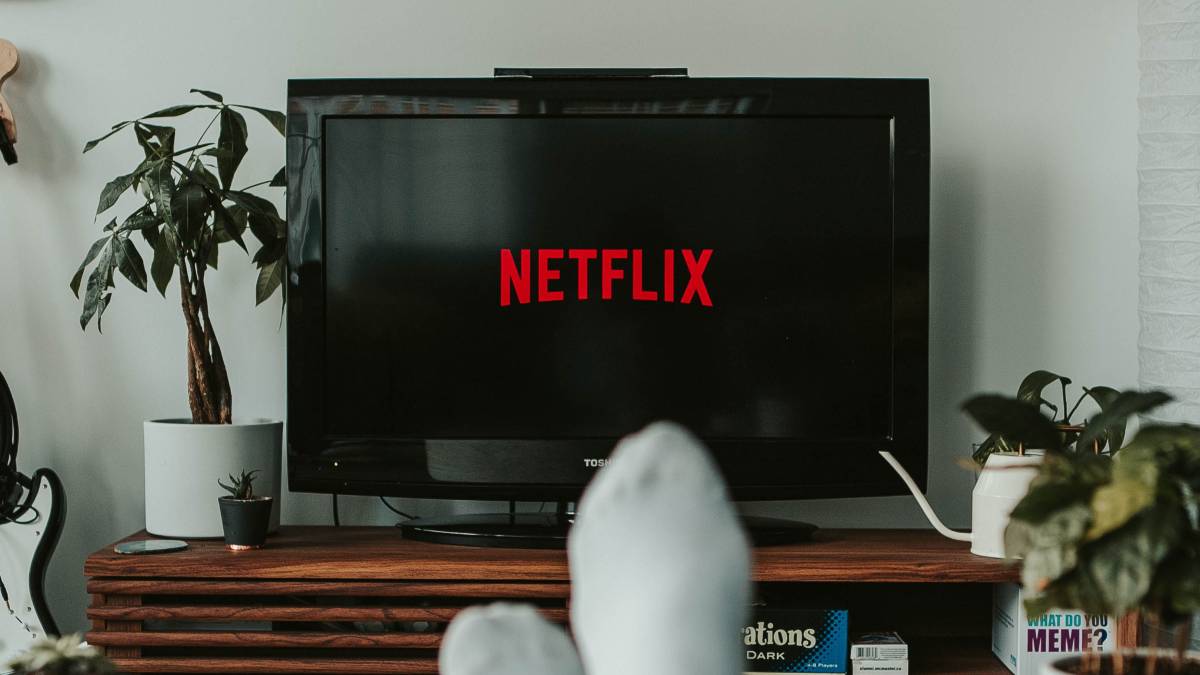
Hate-Watching Decoded: The Mind's Fascination with Cringe TV
The euphoria of hate-watching, as revealed by neuroscientists, might be an unexpected byproduct of our brain's reward system.

By Jourdan Travers, LCSW | October 3, 2023
'Hate-watching' refers to the act of consuming media—usually television—purely due to the enjoyment we get out of mocking or criticizing it. While hate-watching sounds like a counter-intuitive activity, people engage in it more than we think.
Have you ever watched a show that was so bad that it angered you to your core, but went on to watch the rest of the season anyway? You feel that the dialogue, character progression, and story-line are all terrible, but you can't help but binge it while criticizing it with your friends and followers? That's hate-watching.
For instance, Sharknado has widely been claimed to be the worst movie of all time, but it has become one of the most successful movie franchises to exist, having grossed over $4 billion. Netflix's Emily in Paris was one of the worst-received television shows to ever hit the air, but somehow managed to accumulate nearly 60 million viewers in its first month on the platform.
If we hate these shows and movies as much as we claim, why do we keep watching them? Psychological research can explain the hate-watching phenomenon in a few ways.
Why Do We Watch Things That We Hate?
A study published in the European Journal of Social Psychology explored the differences in the way we conceptualize feelings of dislike versus feelings of hate. The researchers found that hatred and dislike are differentiated by both intensity and morality.
When participants in the study were asked to think about things that they truly hated and things that they just disliked, the participants viewed the hated objects as more negative than the disliked objects, and they also found the hated objects to be more strongly associated with moral emotions like anger, disgust and contempt.
When considering the differences found in feelings of dislike and hate, the hate-watching phenomenon can be understood more easily. If you simply dislike a show or a movie, it would be much easier to just change the channel and watch something that's more in line with your interests.
However, when we see a show that we truly hate, it's more personal. We see the show as inherently worse than one we just dislike. We're also overcome with stronger negative moral emotions when faced with hated things, so the show feels almost offensive to us.
These feelings of hate can be more overpowering than feelings of dislike, which could possibly explain our hate-fueled late-night binge watches. We're indifferent towards media that we dislike. However, we keep watching media that offends our moral character so that we can take action, whether it be making snide comments from the couch about a cringe-worthy character, or a strongly-worded Tweet about how much better we could write the show.
Why Hate-Watching Feels So Good
As much as we hate terrible TV, hate-watching itself can feel good for two reasons:
- Hating can make us happy. Research has shown that experiencing emotions that we want to feel—even negative ones like hate and anger—makes us feel happier. When watching something that we hate, we can experience these intense emotional reactions. These emotional reactions can trigger different responses in our brain, like the release of adrenaline or even the activation of our flight or fight response. In most situations, these responses cause us to take action to protect ourselves in scary situations. However, in the absence of anything that actually threatens our physical well-being, these intense emotional reactions can cause a release of happy hormones, like oxytocin, dopamine, or serotonin. So, the hate in hate-watching can actually feel pretty good.
- Hating brings us together. Bonding with friends and followers over the mutual hatred of something can feel good. According to research, some 'anti-fandoms' are more communal than actual fandoms. This is likely because when a friend validates and shares our hatred for something, it can make us feel supported in our beliefs, and this support can make us feel better about ourselves.
When Does Hate-Watching Become Harmful?
As good as hate-watching can make us feel, hate is a strong emotion that should be taken in small doses. Hate-watching can be a benign hobby that allows you to channel negative energy or bond with your friends, but too much of it could eventually take a toll on your mental health.
When we hate-watch something, especially in excess, we're taking time out of our lives to bask in strong negative emotions. Although these emotions can lead to second-hand good feelings, it can't be ignored that hate-watching actively involves making judgments and focusing on the negative aspects of something.
As harmless as this can feel in the moment, frequently focusing on the negatives of something could lead to us be more cynical and pessimistic in other areas of our lives. If you feel yourself becoming more hateful towards things besides trash TV, it might be time to take a break from hate-watching.
Conclusion
On good days, you can take hate-watching as a sign that you really care about something. You have high expectations from creators and consume content deeply, with the intent to engage. However, hate-watching can potentially spill over to other parts of your life, causing you to trash on things as a hobby. Balancing our urge to hate-watch with healthier pursuits like creating things you love or consuming content that makes you laugh, reflect or appreciate life can save you from the negativity trap.
